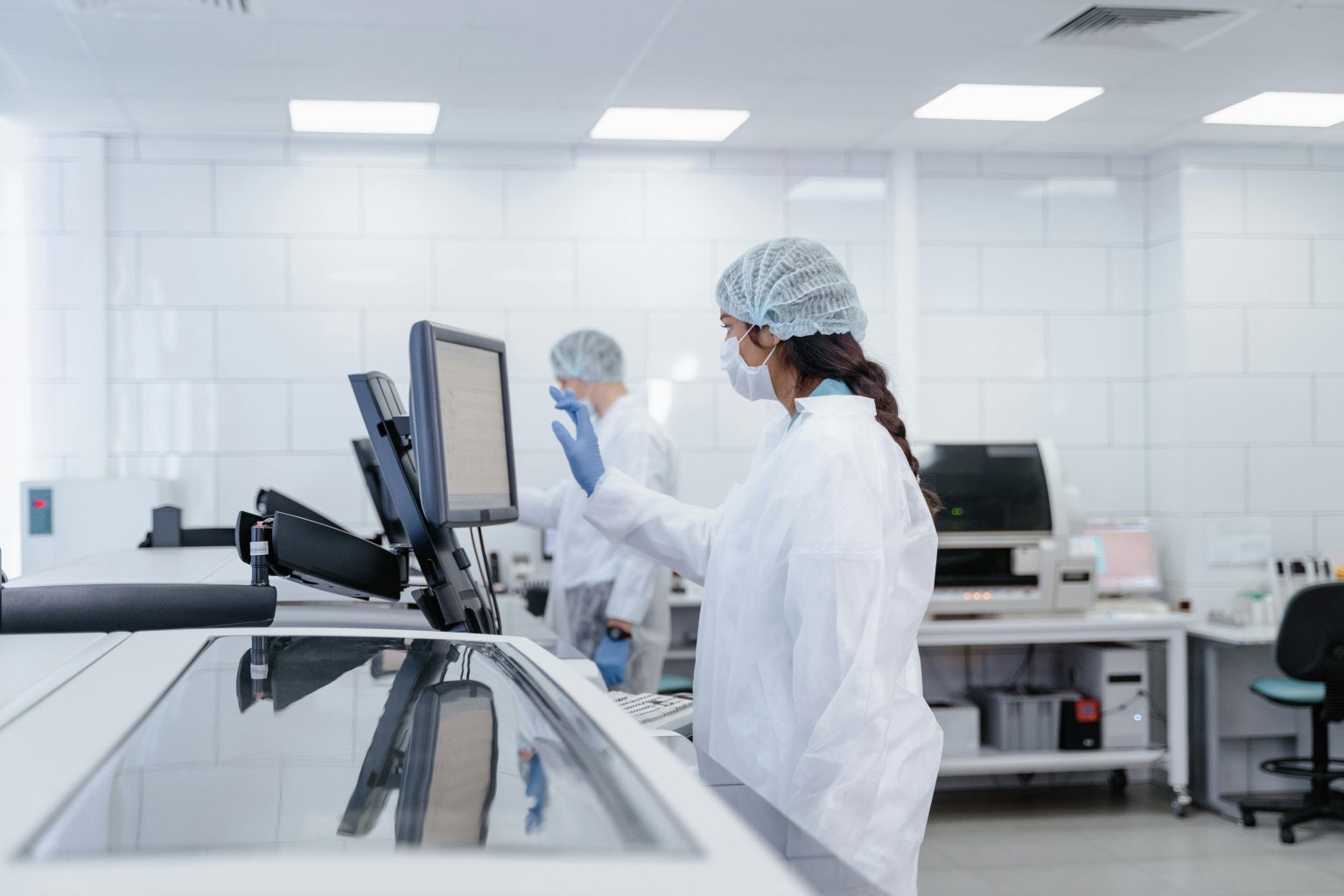In modern medicine, accurate diagnostics serve as the foundation for effective healthcare. Before treatment begins, before medication is prescribed, and before recovery can even start, one crucial step must take place—understanding what’s truly happening inside the body. Diagnostic testing is more than just a routine part of medical visits; it’s the key to identifying, preventing, and managing diseases with precision.
Accurate diagnostics empower both patients and healthcare professionals to make informed decisions. Without it, even the most skilled doctors may be navigating blind. This precision-driven approach to healthcare is what turns uncertainty into clarity and symptoms into solutions.
Why Accurate Diagnostics Matter
The human body is a complex system where different conditions can produce similar symptoms. Fatigue, for example, could stem from stress, thyroid imbalance, or anemia. Without the right tests, the underlying issue remains hidden. Accurate diagnostics remove that uncertainty by revealing the exact cause of an ailment.
Timely and precise results not only guide doctors toward the correct treatment plan but also protect patients from unnecessary procedures or medications. A proper diagnosis ensures that health decisions are based on facts, not assumptions. In a world where time can make the difference between early intervention and advanced disease, accuracy is everything.
The Link Between Diagnostics and Early Detection
One of the most powerful benefits of modern diagnostics is early detection. Many serious conditions—like diabetes, cancer, and heart disease—develop quietly over time. Symptoms often appear only after significant damage has occurred.
With advanced diagnostic testing, potential issues can be identified before they escalate. Early detection allows for proactive care, giving patients a better chance at managing their health and improving outcomes. Routine blood work, imaging scans, and specialized screenings can spot abnormalities long before they turn into life-threatening problems.
This preventive approach doesn’t just save lives; it also reduces long-term healthcare costs by avoiding extensive treatments later on.
The Role of Technology in Modern Diagnostics
Advancements in technology have completely transformed the diagnostic landscape. Modern laboratories use state-of-the-art tools capable of analyzing samples with incredible precision and speed. What once took days can now be processed in hours or even minutes, leading to faster diagnoses and quicker care.
From molecular testing to genetic analysis, diagnostic technology has expanded the range of detectable conditions. These tools allow medical professionals to tailor treatments to each individual’s unique biology, improving effectiveness and reducing side effects.
Laboratories like Lab Pros exemplify this growing reliance on technology, where accuracy and reliability are the foundation of their diagnostic services. By using advanced equipment and data-driven testing, they help healthcare providers uncover the details that make personalized medicine possible.
Reducing Misdiagnosis and Medical Error
Misdiagnosis is one of the most common and costly errors in healthcare. When a condition is incorrectly identified, patients may receive the wrong treatment—or none at all. This can lead to prolonged suffering, worsening symptoms, and even preventable deaths.
Accurate diagnostics minimize this risk by ensuring that decisions are based on verified data. With precise testing, healthcare professionals can distinguish between conditions that appear similar but require vastly different treatments.
For instance, chest pain might suggest anything from indigestion to a heart attack. Diagnostic tools such as electrocardiograms (EKGs) and blood enzyme tests clarify the true cause, enabling immediate and appropriate care. This level of accuracy prevents missteps and promotes patient safety.
Supporting Personalized Medicine
No two patients are exactly alike, which means no single treatment works for everyone. Accurate diagnostics make personalized medicine possible by identifying how an individual’s body responds to specific diseases or treatments.
Through genetic testing, doctors can predict how a patient might react to certain medications or therapies. Blood analysis can reveal vitamin deficiencies, hormonal imbalances, or metabolic conditions that influence health outcomes.
This shift from a one-size-fits-all approach to a customized care model marks one of the greatest advancements in modern medicine. Precision diagnostics ensure that treatments are not only effective but also safe and tailored to each person’s needs.
The Role of Diagnostics in Preventive Health
Accurate diagnostic testing isn’t just about identifying existing conditions—it’s also about preventing them. Routine health screenings and lab tests can detect risk factors before symptoms even appear.
For example, cholesterol testing can identify individuals at risk of heart disease, while blood sugar monitoring helps prevent the onset of diabetes. These proactive measures give people the power to take control of their health, make informed lifestyle changes, and work with their doctors to avoid future complications.
Preventive diagnostics shift healthcare from being reactive to proactive, emphasizing wellness over illness.
The Human Side of Accurate Testing
Behind every diagnostic test is a story—a person waiting for answers. The emotional impact of waiting for results can be overwhelming, especially when dealing with uncertain symptoms. Accurate diagnostics help reduce that anxiety by providing clarity.
When patients receive clear and reliable results, they gain confidence in their healthcare team and peace of mind in knowing that the path forward is based on evidence. This sense of certainty can improve adherence to treatment plans and strengthen the trust between patients and medical providers.
In many ways, accuracy in diagnostics isn’t just a technical goal—it’s a human necessity.
Collaboration Between Patients and Professionals
Accurate diagnostics work best when patients and healthcare professionals collaborate. Patients play a vital role by sharing complete medical histories, describing symptoms in detail, and following testing instructions carefully.
Meanwhile, medical professionals must interpret test results within the broader context of the patient’s health. Even the most advanced diagnostic tools are only as effective as the expertise used to analyze them. Communication, transparency, and mutual understanding ensure that diagnostic results translate into the right care decisions.
The Future of Diagnostic Accuracy
The future of diagnostics promises even greater precision through innovations like artificial intelligence, digital imaging, and molecular profiling. These technologies will make it possible to detect diseases earlier, track their progression, and even predict potential health risks before they arise.
As these tools become more advanced, accuracy will continue to improve, shaping a future where healthcare is not just reactive but anticipatory—helping people stay healthy rather than simply treating illness.
Conclusion: Accuracy as the Foundation of Health
Accurate diagnostics are the cornerstone of effective healthcare. They bridge the gap between uncertainty and understanding, allowing medical professionals to make informed decisions that directly affect patient outcomes.
Whether it’s identifying an existing condition, catching disease in its early stages, or guiding personalized treatment, precise diagnostics provide the foundation for every aspect of care. In an age where technology and medicine intersect, accuracy is more than a standard—it’s a commitment to human health, clarity, and hope.
Through reliable diagnostics, we gain more than data; we gain direction—the confidence to move forward toward better health, better treatment, and a better quality of life.


